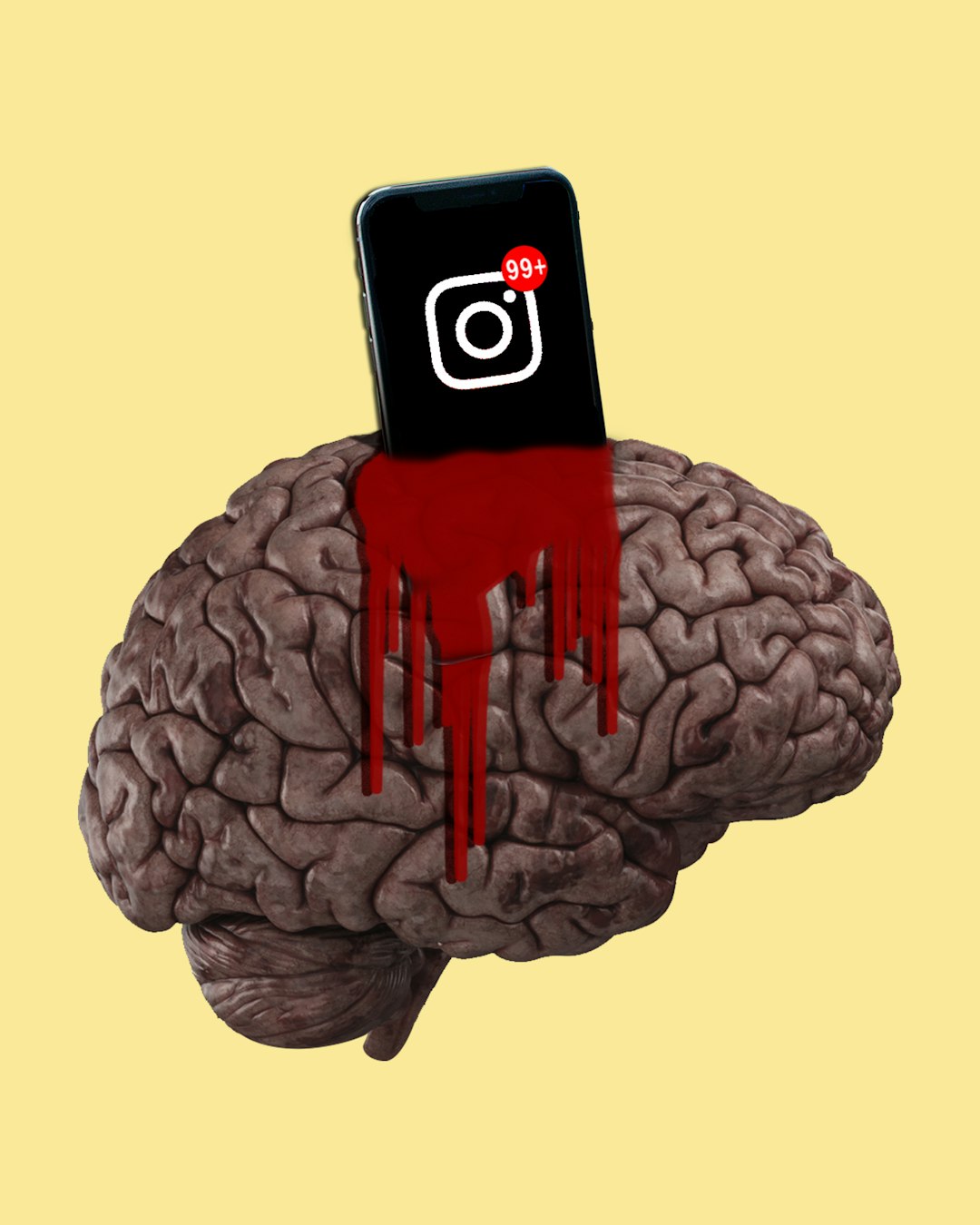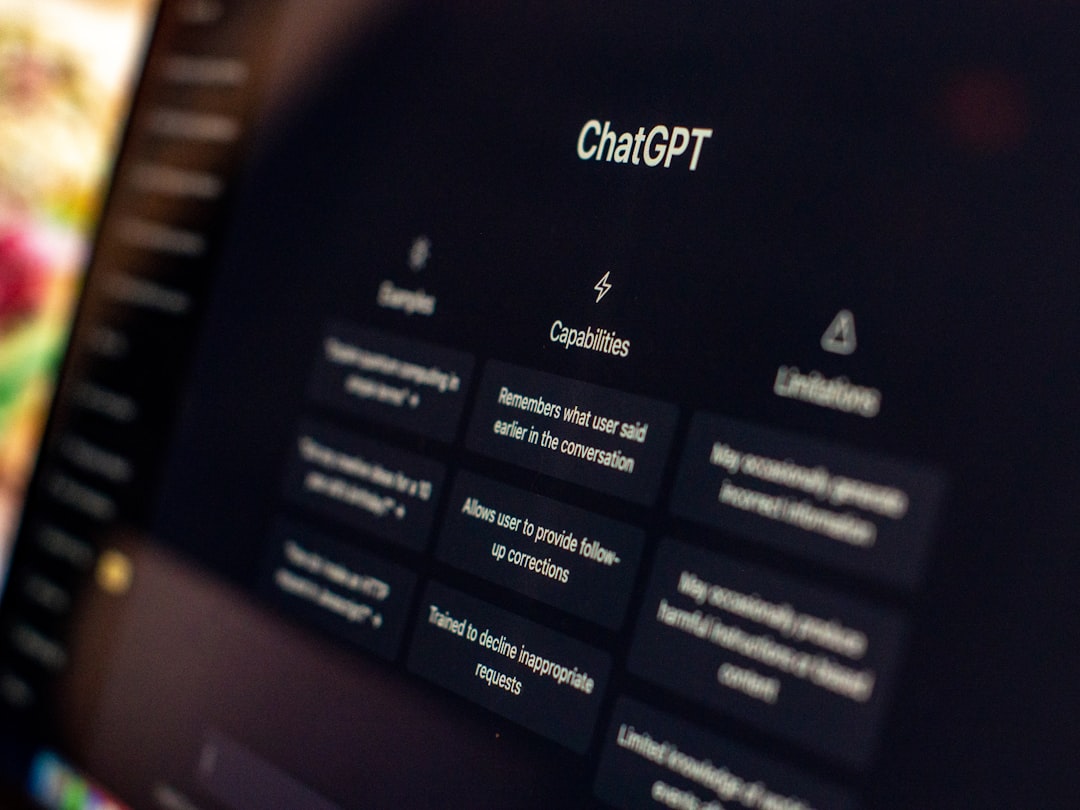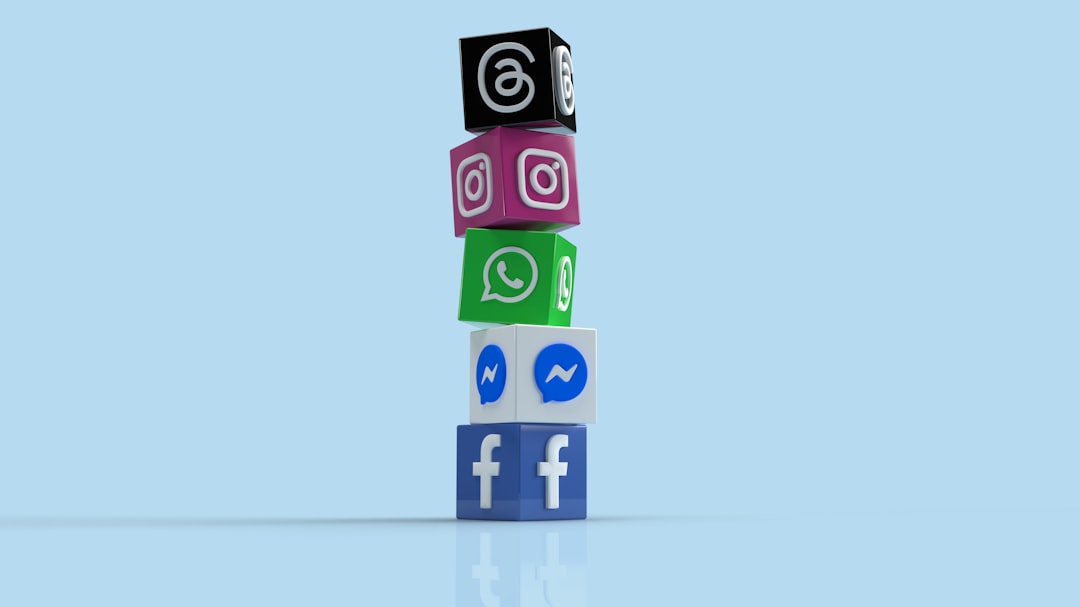Artificial Intelligence (AI) is rapidly transforming our digital landscape, and nowhere is this impact more visible than on social media platforms. The intertwining of AI and social media is not just a technological shift—it is a cultural revolution. From shaping personalized content to revolutionizing how we engage with brands, AI is redefining social norms, marketing strategies, and online behaviors.
The AI Fuel Behind Your Feed
Every time you scroll through your favorite social media platform, you’re experiencing the results of complex algorithms powered by AI. These technologies analyze enormous amounts of data to predict what content you’re most likely to engage with. Whether it’s the next viral video, a friend’s life update, or a sponsored product suggestion, AI is the invisible force curating your experience.
- Content Curation: AI systems learn from your preferences, likes, and even how long you pause on a post, to tailor feeds uniquely for each user.
- Targeted Advertising: By analyzing demographic, behavioral, and psychographic data, AI enables advertisers to target users with pinpoint precision.
- Recommendation Engines: Platforms like YouTube, TikTok, and Instagram use AI to suggest new content, keeping users engaged longer than ever before.

The Rise of AI Influencers
Perhaps one of the more fascinating outcomes of AI in social media is the emergence of virtual influencers—computer-generated personas with lifelike appearances and distinct personalities. These digital avatars, such as Lil Miquela and Imma, boast millions of followers and collaborate with major fashion brands, blurring the lines between human and machine in the world of marketing.
These AI influencers offer benefits including brand safety, consistent messaging, and 24/7 availability. Marketers can script interactions, tailor content precisely, and even align these personalities with niche target audiences, all without the unpredictability associated with human influencers.
Content Creation Gets Smarter
AI doesn’t just enhance how we consume content—it also plays a prominent role in how content is created. Tools like ChatGPT, DALL·E, and Lumen5 empower creators to generate text, images, and videos with minimal effort. AI assists with:
- Caption writing: Analyzing trending hashtags and keywords to auto-generate compelling captions.
- Image editing: AI tools can automatically adjust filters, remove unwanted objects, and even generate artworks from scratch.
- Video production: Platforms now use AI to automatically compile raw footage into polished clips based on templates and trending formats.
This democratization of content creation means anyone with a smartphone can become a content creator—helping trends emerge faster and reach wider audiences.
AI and User Behavior: An Evolving Relationship
The influence of AI doesn’t stop with technology—it subtly shapes our behavior. As social platforms evolve through machine learning, user expectations and habits also shift. Immediate gratification, shorter attention spans, and a desire for personalization are all behavioral trends amplified by AI-powered experiences.
Moreover, AI tools now track sentiment and emotional analytics, enabling platforms to present content that appeals to users’ current moods. Emojis, language choices, and even the pace of scrolling feed back into AI systems that adapt accordingly.
But is this level of influence healthy?
This question looms larger as users become more aware of the role AI plays in shaping their online reality. While the goal is often user engagement, the side effects include echo chambers, addiction, and misinformation — all of which are now under scrutiny.
AI-Powered Customer Interactions
Customer service on social media has been revolutionized by AI-driven chatbots and virtual agents. Brands no longer have to rely on large teams to manage thousands of messages and queries. Instead, AI delivers real-time responses with high accuracy and contextual understanding.
- 24/7 Availability: AI bots provide instant answers to common queries at any time of day.
- Multilingual Support: Natural language processing allows chatbots to engage with users around the world in their native language.
- Learning & Optimization: AI continuously analyzes conversations to improve its future interactions.

Fighting Fake News and Toxicity
Another critical area where AI is making a mark is content moderation. With the vast amount of information shared every second on platforms like Facebook, Twitter, and YouTube, manual moderation is impractical. AI steps in to help with:
- Content Filtering: AI identifies and removes abusive or harmful content more efficiently than human moderators.
- Fact-Checking: Algorithms now scan posts for misinformation and flag or downgrade content deemed untrustworthy.
- Contextual Understanding: Machine learning models learn to differentiate between hate speech and satire, improving accuracy over time.
However, challenges remain. Bias in training data can lead to unjust flagging, and over-reliance on automation risks undermining free speech. Tech companies must strike a balance between safety and expression while maintaining transparency in AI processes.
Trends and Predictions for the Future
With technological advancements showing no signs of slowing down, the future of AI in social media holds transformative possibilities:
- Hyper-Personalized Experiences: AI will craft even more nuanced digital environments, adjusting not just what you see, but how it’s presented to you based on mood, preferences, and history.
- Voice and Visual Search: As AI processes become more sophisticated, searching via images and voice rather than text will become mainstream.
- Augmented Reality Integration: Virtual try-ons, interactive ads, and AR filters will become smarter and more intuitive.
- Ethical AI Governance: An anticipated trend involves increased regulation and demand for AI transparency and digital responsibility.
Striking a Balance
As we marvel at the capabilities of AI in enhancing our social media experiences, it’s essential to also consider the ethical implications. With great power comes great responsibility. Users, developers, and platform owners must collaborate to ensure that AI enhances human connection rather than replaces it or manipulates it unfairly.
The direction that AI takes in social media depends on choices we make today. Responsible innovation, ethical data use, and unbiased algorithm development are the foundations upon which the next digital era will be built.
Whether you’re a casual user, a brand, or a content creator, understanding the role of AI in social media empowers you to make informed choices and better navigate this ever-evolving landscape.
One thing is certain—AI and social media are becoming inseparable. As technology gets smarter, the way we connect, share, and express ourselves will continue to evolve in fascinating new directions.
